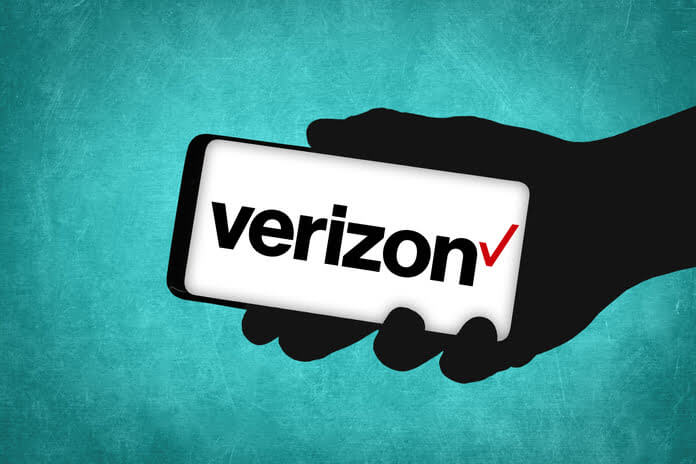The increased prices that Verizon Communications Inc. (Verizon stock) implemented in the third quarter caused some customers to switch to cheaper plans offered by its fast-growing competitors AT&T Inc (T.N) and T-Mobile US Inc., which caused the company’s profit to decrease by 23%, and it added fewer wireless subscribers than expected (TMUS).
The largest cellular carrier in the United States reported on Friday that it has seen a loss of 189,000 monthly bill-paying phone users in its consumer business since the beginning of June, when it began adding extra costs on top of its already expensive plans.
The company’s chief financial officer, Matt Ellis, stated that rising rates for plans led to disconnections and warned that the pressure will continue into the next quarter, which caused the company’s shares to drop by 6%, reaching their lowest point in more than a decade.
Verizon Stock and AT&T Stock
After Verizon (NYSE:VZ) and AT&T (NYSE:T) divested themselves of their media operations and T-Mobile completed its merger with Sprint Corp to become wireless-focused companies, the level of competition in the telecommunications markets of the United States has increased significantly.
Even if increased expenditure on 5G infrastructure has driven up expenses, firms are being obliged to keep their plans reasonable in order to compete in a market where growing inflation is having a negative impact on consumer purchasing.
According to Factset, Verizon added 8,000 net new monthly bill paying cellular phone users in the quarter, which is far less than the 35,400 additions that were expected. Verizon’s plans are the most costly.
Some experts expressed concern that the competition is gaining ground, while others argued that the product’s high price could be seen as a positive.
According to Michael Hodel, director of telecom and media analysis at Morningstar, “the issue that people forget is that the biggest firm in the sector, they have the most consumers to lose each quarter.” [Citation needed]
The growth of its business division, which included a gain of 197,000 clients, was the primary driver of its net subscriber acquisition.
According to Jamie Lumley, an analyst at Third Bridge, the ability of Verizon to preserve its pricing power is a critical strength as the company navigates a rather saturated market for wireless services.
Despite the fact that its sales and earnings for the third quarter exceeded Refinitiv’s projections, the company continues to struggle with subscriber attrition since experts anticipate a slowdown in the number of iPhone upgrades over the Christmas season.
Verizon (Verizon Stock) net income dropped to $5 billion, which prompted the announcement of a strategy to decrease yearly expenses by between $2 billion and $3 billion by the year 2025.
Featured Image- Megapixl @ Waingro















